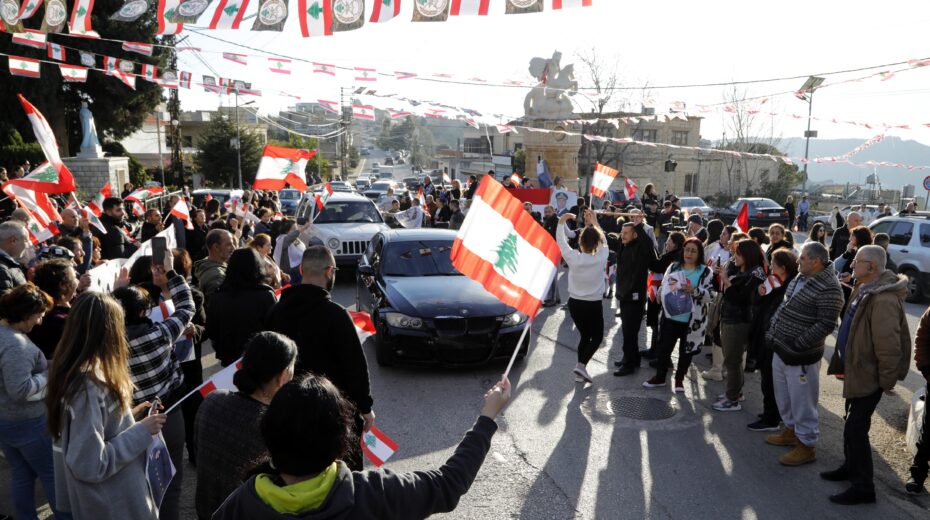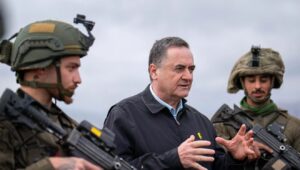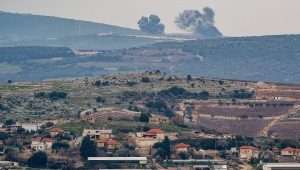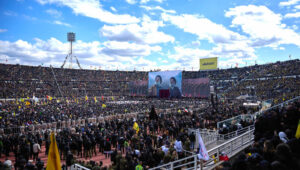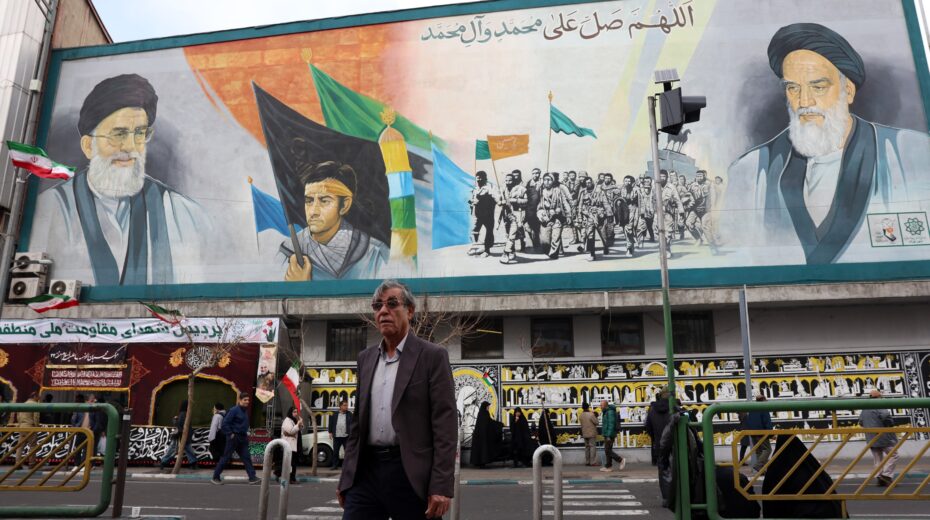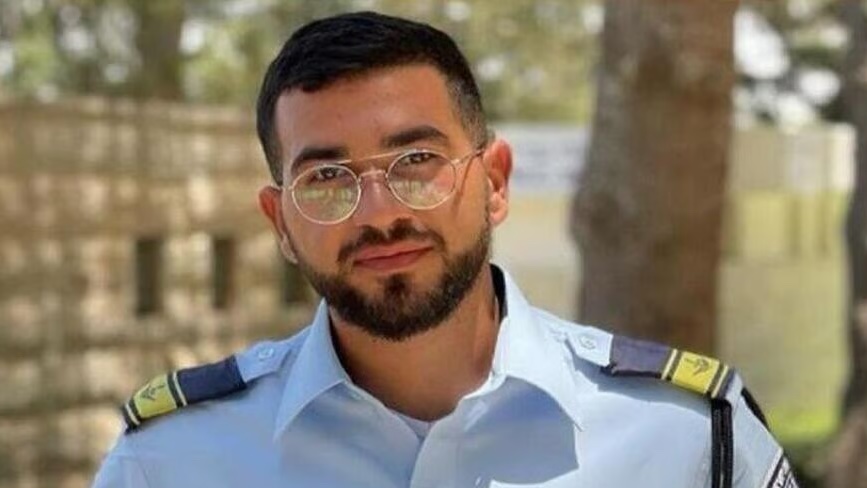A republic without a president
On January 9, 2024, Lebanese lawmakers managed to elect a new president. In fact, the 128 Lebanese members of parliament have finally elected a president accepted by all. For the past two years, Lebanon has been without a president after Michel Aoun, the previous president, ended his term on October 30, 2022. Since then, Lebanon has functioned without a head, with only an acting prime minister, due to deep disagreements over the identity of the future president. For the past two-and-a-half years, the Lebanese parliament tried to prevent a power vacuum and political paralysis by meeting 12 times to elect a president – but to no avail. Lawmakers could not reach the legal minimum to open sessions, as the constitution requires the presence of at least 86 MPs, two-thirds, of a total of 128, just to start the electoral process.
According to the constitution, the president must be a Maronite Christian, which requires the Christian leadership in Lebanon to agree on a suitable candidate. However, there was no single leader among the Christians who could assert his authority over the entire community like Bachir Gemayel did in 1982. Two politicians competed for the office: Suleiman Frangieh, Hezbollah’s preferred candidate, and Samir Geagea, the legendary commander of the “Lebanese Forces” and favorite of most Christians. However, Hezbollah vetoed Geagea because of unfinished business from the 1980s during the civil war.
Under the leadership of Hassan Nasrallah, Hezbollah insisted on the candidacy of Suleiman Frangieh, due to his close ties with the Shiite terror group and with Syria. On the other hand, the Christian camp put forward Samir Geagea as a candidate. The process of electing a new president reached a deadlock, as it was difficult to agree on a candidate acceptable to all factions. In order to block the election, Nasrallah threatened Hezbollah MPs and their allies not to attend the sessions, thus thwarting parliament from ever reaching the minimum number of MPs required by law. For more than two years, the Christians could not agree on a common candidate.
What changed?
Weakened and defeated Hezbollah, which suffered losses in the war against Israel, gave in. Already during the ceasefire negotiations, Naim Qassem, the new leader of Hezbollah, signaled that his organization would remove all the obstacles it had previously put in place and facilitate the election of a new president. While Hezbollah maintained its veto against Geagea, it accepted Frangieh’s withdrawal, paving the way for the election of a neutral president who was not liked by either side but who was not vetoed.
That candidate was army chief Joseph Aoun, who was elected on Thursday in a second round with 99 votes. This is not the first time that the Lebanese have elected an army chief as president because they cannot agree due to differences of opinion. In fact, this has become almost a long tradition. In recent decades, four army chiefs have been elected president of Lebanon: Émile Lahoud (1998-2007), Michel Sleiman (2008-2014), Michel Aoun (2016-2022) and now Joseph Aoun. The first army chief to become president was Fouad Chehab (1958-1964).
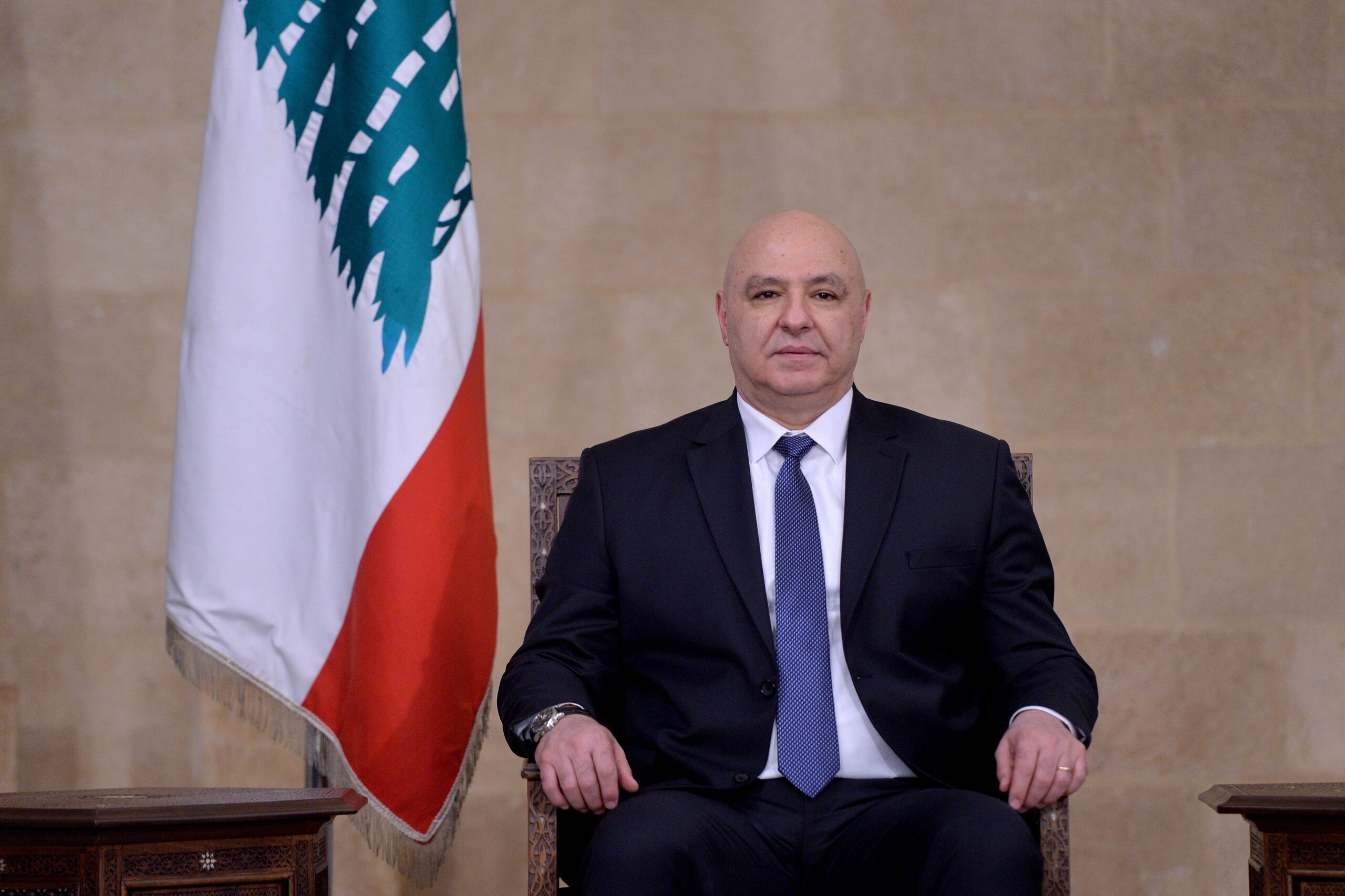
A sectarian system that does not fit with the 21st century
Part of Lebanon’s problems stem from its multi-confessional political structure, which recognizes the various religious communities of the Lebanese population – unlike most countries in the world. In 1943, Lebanon gained full independence, and that year the “National Pact” was signed between the country’s two largest religious communities, the Maronite Christians and the Sunni Muslims. The leaders of the communities sought peace and therefore reached compromises and agreements. One of these was the agreement that divided political power according to the communities’ estimated numerical strength. The Christians were in the majority at the time, and the agreement was intended to ensure Maronite dominance, but at the same time represent a Maronite-Sunni compromise, dividing key positions in the Lebanese government between representatives of these two communities. The Druze and Shiites viewed this agreement as an obstacle to the creation of a nation-state based on equality.
This political system stipulates that the President of the Republic must be a Maronite Christian, the Prime Minister a Sunni Muslim and the Speaker of Parliament a Shiite Muslim. This system is still in force today, although Lebanon has lost its Maronite Christian character due to the low birth rate and the emigration of Christians. For example, a Muslim candidate is not allowed to run for president, nor is a Catholic or Protestant Christian who is not a Maronite. This shows the homogeneity of an elite group that, although it has lost its demographic dominance, continues to cling to power. The National Pact has created a sectarian system of government that is not limited to the political sector but also permeates economic, social and cultural life. Therefore, tensions and divisions between the different communities persist.
From army chief to president in the blink of an eye
In a state torn apart like Lebanon, a candidate, an army chief, can be elected president without his own candidacy or campaign. While politicians in most countries woo their voters and run long, expensive election campaigns, Joseph Aoun did not have to do this – others did it for him. On a clear day, he simply took off his uniform and moved into the presidential palace in Baabda. This rapid and surprising change illustrates the deep despair of Lebanese of all communities over the political situation. Tensions between communities and parties, the economic crisis, Hezbollah and the fragile ceasefire with Israel shape the situation.
As of today, Joseph Khalil Aoun is the 14th president of Lebanon and was previously the country’s 14th army chief. Little is known about his personal life as he has rarely given interviews. Born in 1964, he is married and has two children. He attended a Christian school, lived in the Christian quarter of East Beirut, and has degrees in political science and military science. He joined the Lebanese army in 1983 and was appointed army chief in March 2017. Despite some awards and having attended important military courses, he is not a great hero, but simply the right person at the right time. He is a compromise candidate and the reason for calm and stability in a collapsing country. No one vetoed him, he has no blood on his hands, and he is not at odds with anyone. In addition, he is the head of an army that is considered a national consensus in Lebanon – all of which made him president.
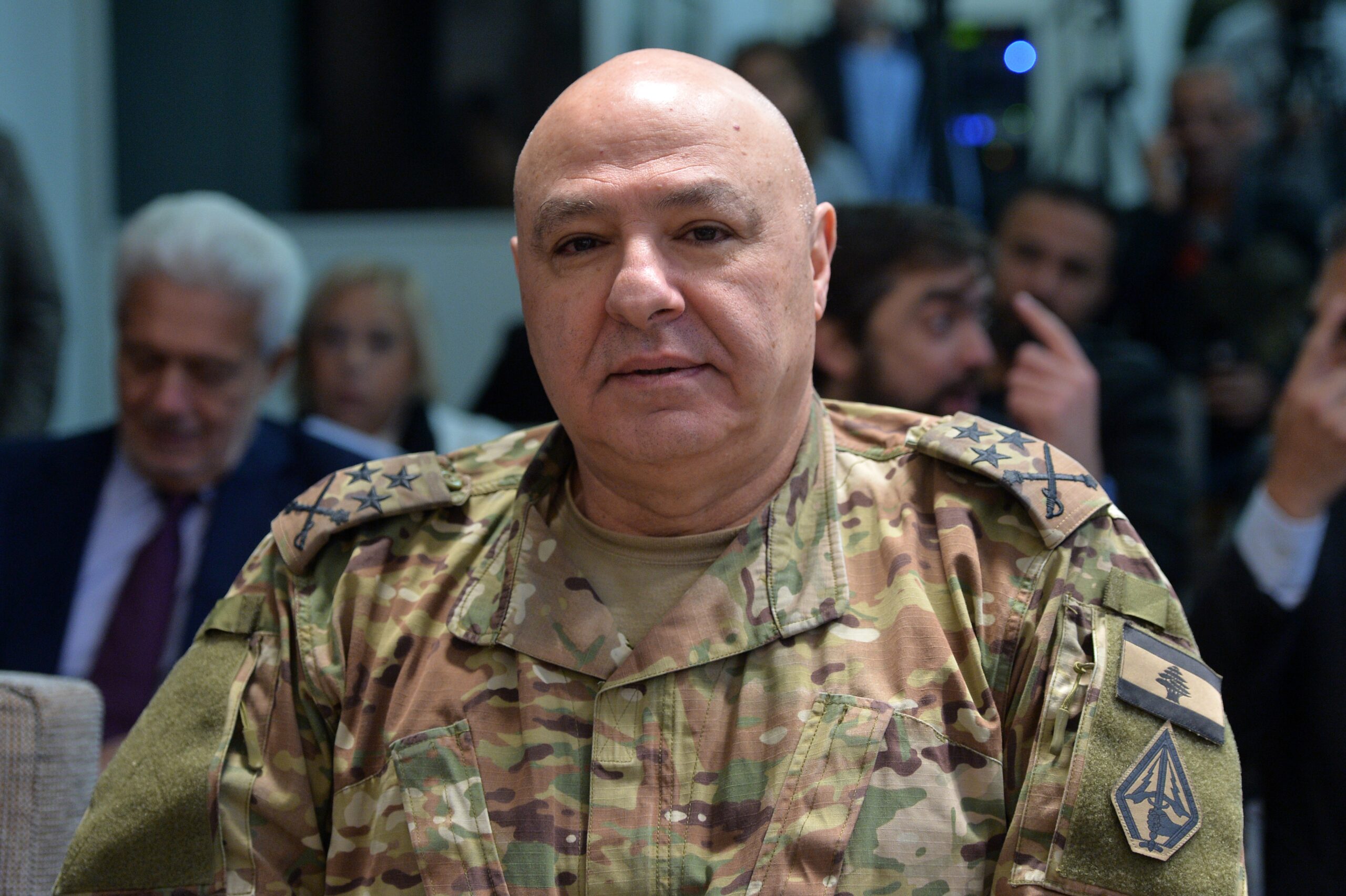
What’s next?
President Aoun faces many challenges. In his inaugural speech, he stayed within the consensus and said what the Lebanese wanted to hear: an end to the Israeli occupation and wars, as well as a limit on weapons in the hands of Hezbollah – a controversial issue in Lebanon. He criticized Israel and called for an IDF withdrawal. Interestingly, he also talked about the Lebanese army being the only armed force in the country, a hint that he may plan to disarm Hezbollah. The new president will be busy in the coming weeks: he must rebuild Lebanon militarily and economically, station the army in the south, restore the Arab world confidence in Lebanon, distance himself from Iran, secure financial aid, and promote tourism. He must also appoint a prime minister who will be approved by parliament.
In conclusion, the election of Joseph Aoun as president has ended the political vacuum that existed for over two years and given the Lebanese hope of overcoming the ongoing security and economic crises. It is no secret that Aoun enjoys the support of the United States, as well as France and Saudi Arabia, who have returned to the political scene in Lebanon after a long absence, following a period of unchallenged domestic political control by Iran and Hezbollah. The current opportunity is to move closer to Arab and Western states and take advantage of the rare opportunity to disarm Hezbollah – a goal that the majority of Lebanese desire.


